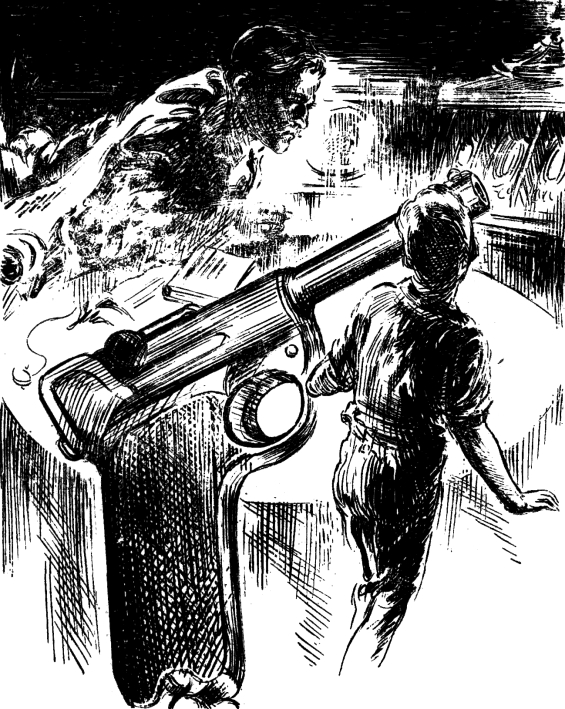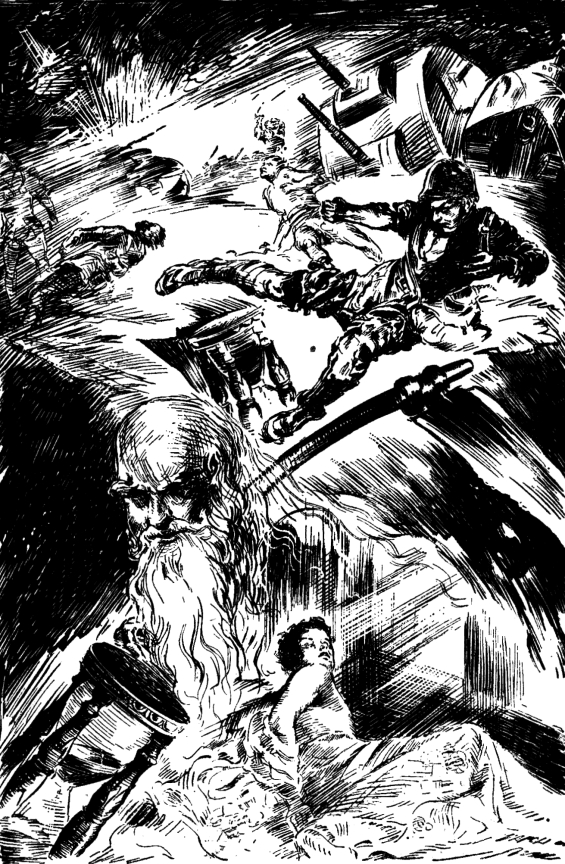
If you haven’t already started listening to The Red Panda Adventures you’re doing yourself a grave disservice. Go back to the beginning and start with Season 1 (that’s HERE).
 The Red Panda Adventures – Season 7
The Red Panda Adventures – Season 7
By Gregg Taylor; Performed by a full cast
12 MP3 Files via podcast – Approx. 6 Hours [AUDIO DRAMA]
Podcaster: Decoder Ring Theatre
Podcast: August 2011 – July 2012
Themes: / Fantasy / Superheroes / Mystery / Crime / Nazis / War / WWII / Adventure / Toronto / Androids / Espionage / Zombies / Magic / Aliens / Poetry / Astral Projection / Hypnosis / France / Germany / Berlin / Dinosaurs / Identity / Forgery / Romance /
The Red Panda Adventures is a comic book superhero series with a world, now in it’s seventh season, that is only comparable in scale to the entire Marvel or DC universes. But unlike either DC and Marvel, the Red Panda universe has all been written by one man, Greg Taylor. Because of that it has a consistency like the best seasons of Babylon 5.
The first episode of Season 7 follows right on the heels of last season’s final episode. In the season opener, From the Ashes, Kit Baxter gets a visit from the highest power in the land. And what with the Red Panda being presumed dead there’s only one thing to do – find a replacement for Canada’s greatest superhero. The government suggests that an unkillable machine, bent on vengeance, become the new Red Panda. And Kit, is fairly forced to accept the government’s choice. Now I won’t summarize any more of the plot. But, I will say this – Season 7 is a very different season than the previous six seasons.
What isn’t different is Taylor’s scripting. It’s still great, in fact its almost unbelievably great. Taylor has one of those highly distinctive writing styles, one that’s instantly recognizable – he’s like an Aaron Sorkin, a David Mamet, or an Ian Mackintosh. And with Taylor’s style comes a whole lot of substance too. He does incredible things with each half-hour script. Each standalone tale features a carefully measured combination of snappy repartee, genuine mystery, thrilling suspense, and clever action. And he does it all within a expanded universe so consistent so as to have become a kind of complete alternate history. His seven year series, and running, has created an image so vivid as to be completely realized. Taylor’s 1930s-1940s Toronto is far realer to me than any Gotham or Metropolis offered up in comics or movies. In fact to find anything comparable you’d have to go to the Springfield of The Simpsons!
Indeed, for the last seven years I’ve followed The Red Panda Adventures rather avidly and with each season I’ve become more engrossed in the show. The release of a new episode has become so inextricably linked to my listening habits so as to become like a good a visit from an old friend. It’s truly wonderful.
In my re-listening to the first eleven episodes of this Season 7 I picked up dozens and dozens of minor details in dialogue and plot that I’d missed the first time around. Take one point, early in the season, as an example – a character quotes the tagline of the CBS Radio series Suspense as a part of her dialogue.
How wonderful to find that!
And of course there are all the usual line echoes that we know from all past seasons (if you’re curious there’s a whole thread of Taylorisms over on AudioDramaTalk).
As for Season 7 as a whole, it has a sense of deep loss, very much in keeping with the times in which the story is set and the fallout from Season 6. Earlier I mentioned that Season 7 was unlike previous seasons, that’s because it features two overarching, and eventually intersecting, plots. The first, set in Toronto, deals with Kit Baxter, her new sidekick, her new job as associate editor of the Chronicle, and her developing pregnancy. The other plotline, set in Europe introduces us to a new character, a Lieutenant Flynn, a man in a deep denial, and his attempts to fight the Nazis behind their lines. It’s a radical change, and unforeseen change of pace, but not an unpleasant one.
The smaller scale stories from this season, like The Milk Run, work terrifically well too. As even the characters themselves will admit a plot about the forgery of rationing books doesn’t sound very dramatic next to the events unfolding in war torn France. But it’s a job that has to be done, and should be done, and done well it is. And that’s because the relatively harmless domestic crime of forgery is an important part of the story of WWII Toronto. The The Milk Run script tackles it in a way that makes it seem as if such a story could not not be told. In fact, this whole home-front end of the season’s story holds up very well next to the very dramatic later episodes.
One other such, The Case Of The Missing Muse, works very similairly. It’s a story in which we meet a super-villain, with a super-vocabulary, in a mystery that could have been set in any of the previous episodes. But what with the war time setting it of Season 7, and a new Red Panda running the show, it has a resolution that has its own unique wartime fit.
That replacement Red Panda, who in fact is a character from a previous season is still voiced by the wonderful Christopher Mott. The new Panda has a very different personality and temperament than our good friend August Fenwick. His goals as Red Panda are different, his methods are different, and it’s basically everything you like about when a hero regular superhero, from the comics gets, a replacement. It’s a new origins story – a fresh start – with all the promise that brings.
Some have argued that The Red Panda Adventures is really Kit Baxter’s story – and that certainly could be argued especially within the first arc of Season 7. Indeed, Kit Baxter, aka Flying Squirrel, does not get short shrift there. Besides her regular superhero duties, Kit’s also required to train the new Panda, fill in for the shattered Home Team (from last season) and somehow deal with the fact that her butler now knows she’s the Flying Squirrel! But that’s not all over at The Chronicle, the fictional Toronto newspaper that Kit works for, she, and we, get to visit with one of the best editor voices I’ve ever heard. Editor Pearly is your typical fatherly J. Jonah Jameson type caricature of an editor, but with a voice so crazily stressed out, a voice with lines so quickly delivered, you’ll barely understand a word he’s saying. It’s both fun and funny.
Then, just short of the midway point, a kind of focal transition takes place in between episodes 78 and 79, The Darkness Beyond and Flying Blind. The second arc begins slowly but soon ramps up. The aforementioned “Lieutenant Flynn”, and a team of commandos lead by one Captain Parker must escape from a Nazi stalag prison. Once achieved they spend much of the rest of the season either on the run or doing Special Operations Executive style missions in Nazi occupied France or in Berlin itself! And long time fans of the series will recognize the return of a certain Australian accented commando in one episode.
This new military aspect of the show is actually rather remarkable, being like a kind of Canadian version of WWII Captain America. It features a large male cast, allied soldiers, that act like something like a hybrid of the comics like Sgt. Rock, Sgt. Fury And His Howling Commandos, and The Unknown Soldier. Indeed, in the final episode of Season 7, The Black Heart, the show even gives a nice tip of the hat towards the later Nick Fury (the one who’s an agent for S.H.I.E.L.D.). That final season episode, incidentally, is set to be podcast later this month and features several other reveals, and dare I say reunions, which fans will be sure to love – I know I sure did. Suffice it to say, the Season 7 season-ender is definitely not a cliffhanger.
Here’s the podcast feed:
http://decoderring.libsyn.com/rss
Happy Canada Day everybody, go celebrate with some RED PANDA!
Posted by Jesse Willis


 The SFFaudio Podcast #191 – Jesse, Tamahome, and Jenny talk about the Brilliance Audio audiobook, The World Jones Made by Philip K. Dick.
The SFFaudio Podcast #191 – Jesse, Tamahome, and Jenny talk about the Brilliance Audio audiobook, The World Jones Made by Philip K. Dick.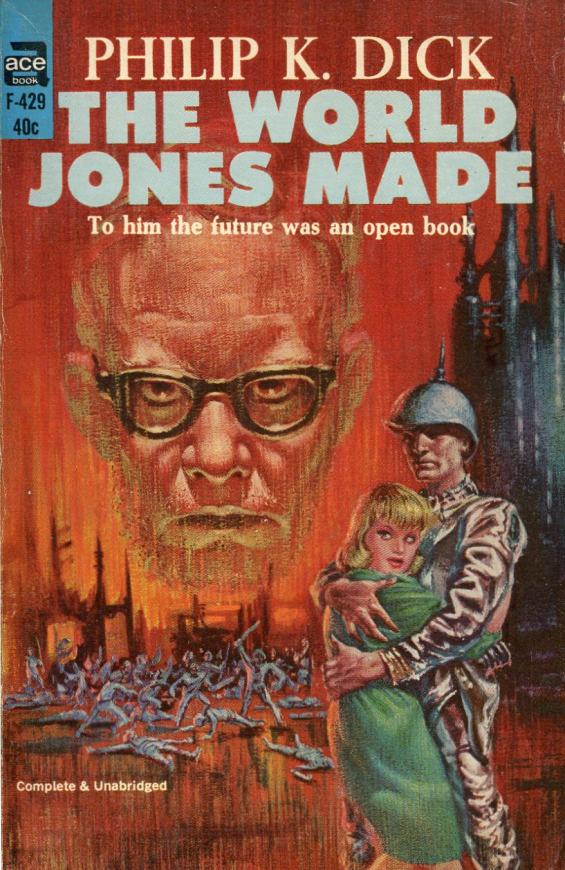
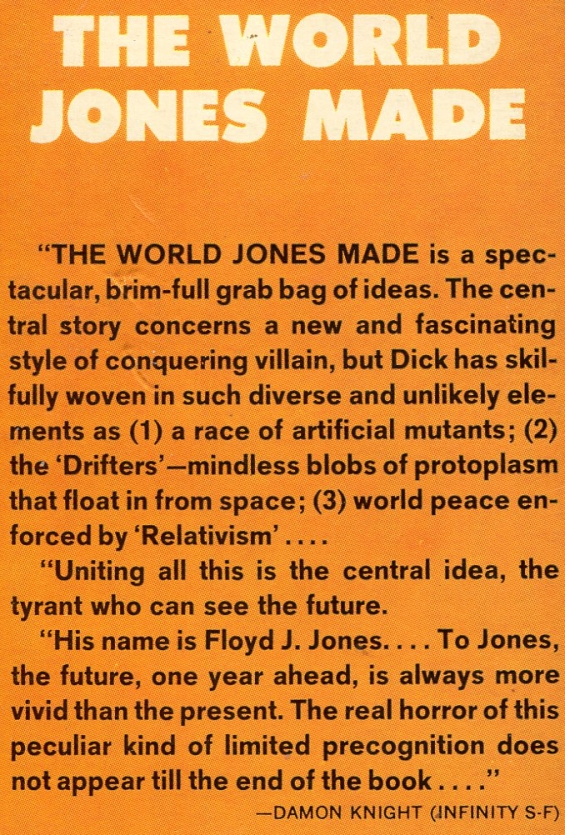
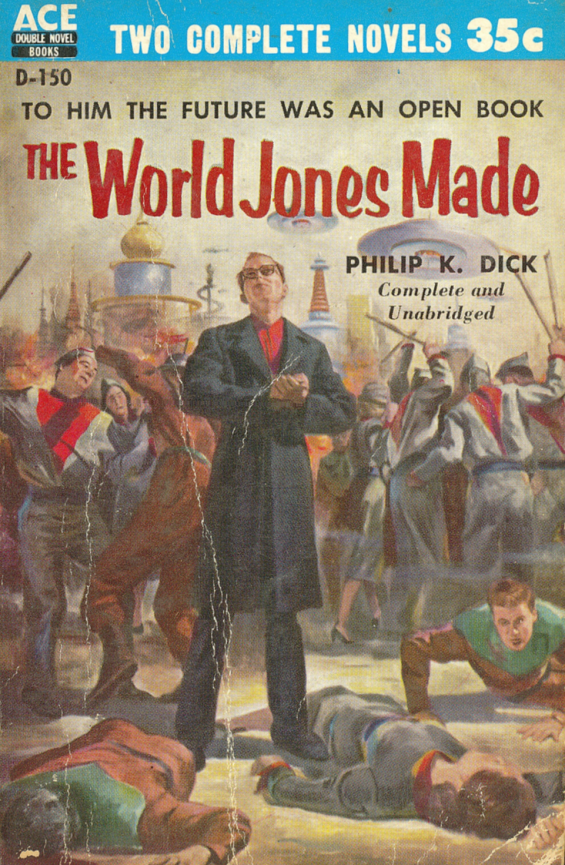
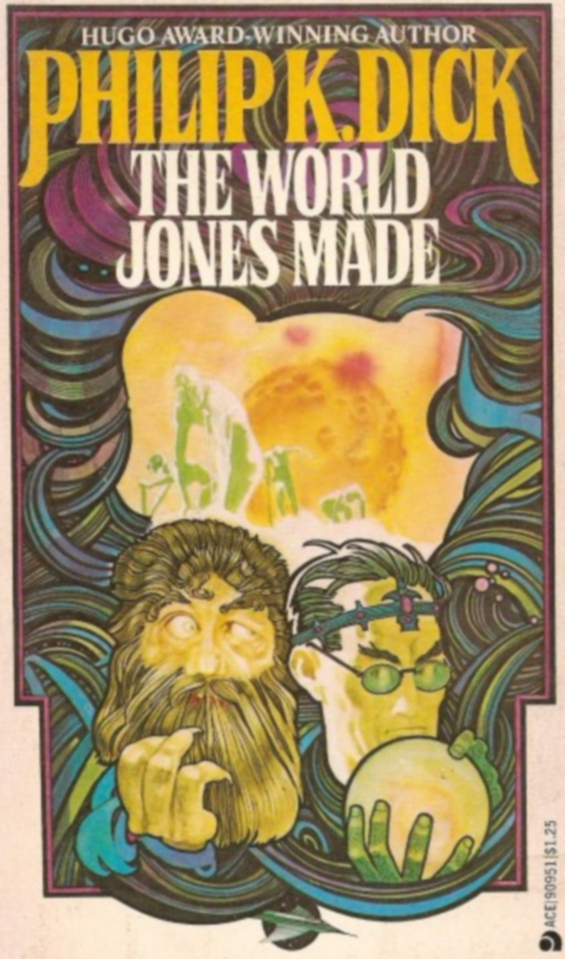

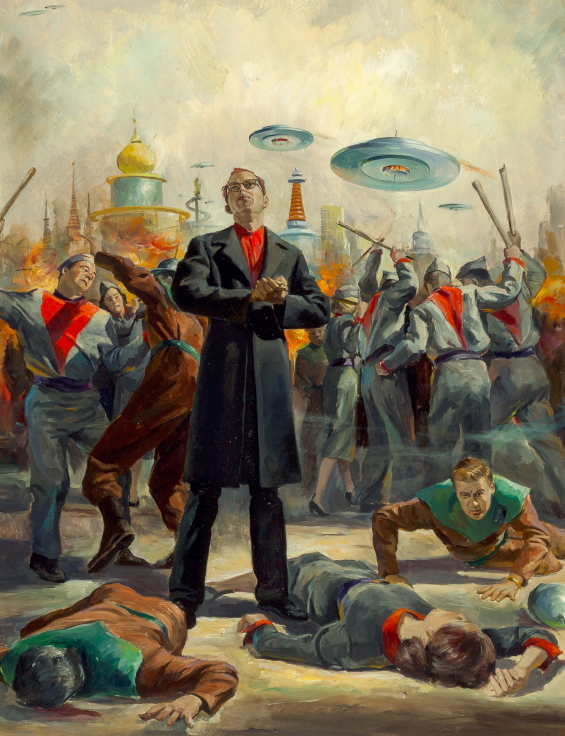

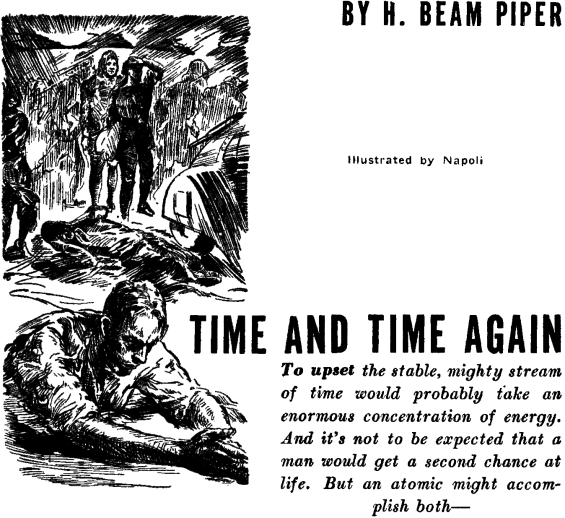
 Time And Time Again
Time And Time Again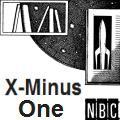 X-Minus One – Time And Time Again
X-Minus One – Time And Time Again